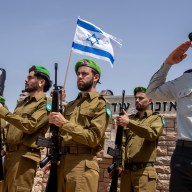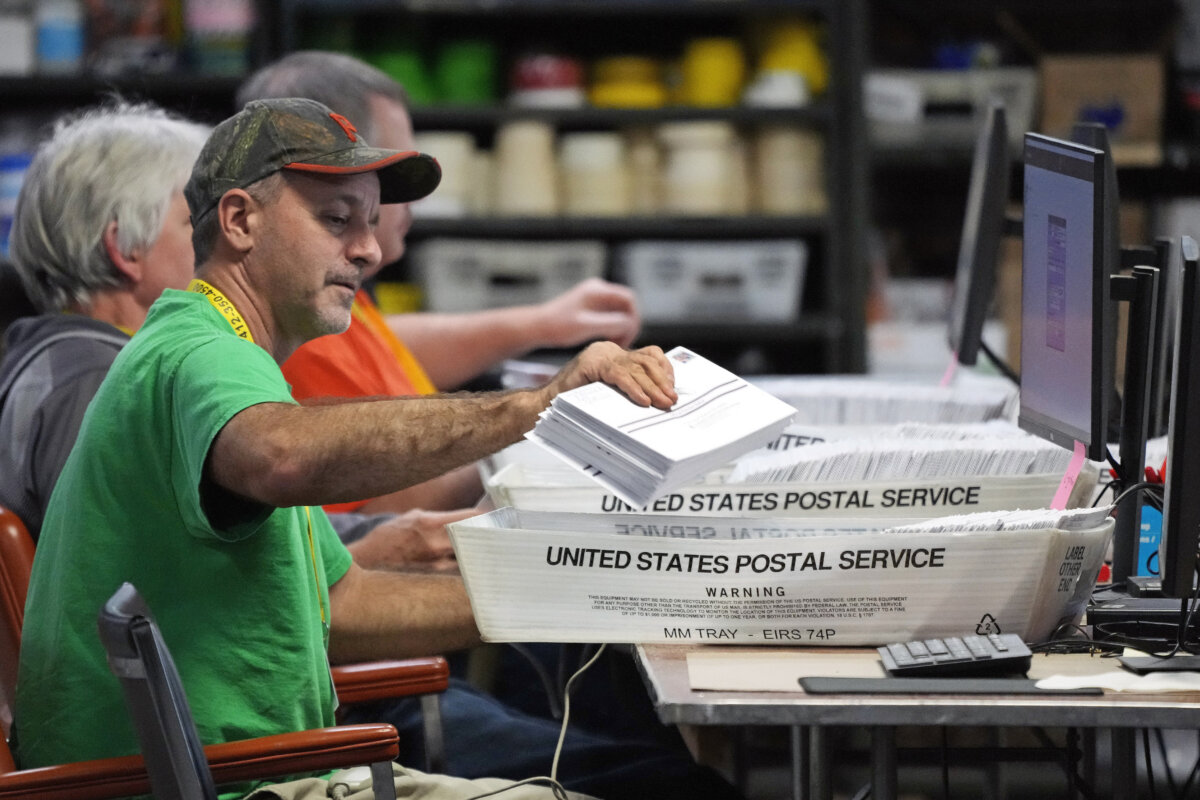By Mirwais Harooni
KABUL (Reuters) – More than 20 people were killed in separate bomb attacks in Afghanistan on Monday, including at least 14 who died when a suicide bomber struck a minibus carrying Nepali security guards working at the Canadian embassy in Kabul, officials said. A Reuters witness saw several apparently dead victims and at least two wounded being carried out of the remains of a yellow bus after the suicide bomber struck the vehicle in the capital.
Hours later, a bomb planted in a motorbike killed at least eight civilians and wounded another 18 in a crowded market in the northern province of Badakhshan, said provincial government spokesman Naveed Frotan. The casualty count could rise, he said. The attacks are the latest in a surge of violence that highlights the challenges faced by the government and its Western backers, as Washington considers whether to delay plans to reduce the number of its troops in Afghanistan. Interior Ministry spokesman Sediq Sediqqi said on Twitter that 14 people had been killed and eight wounded in the attack in Kabul. Police were working to identify the victims, he said.
Canadian Foreign Minister Stephane Dion issued a statement condemning the attack and confirming that the guards worked at the embassy. “Many of the victims have been part of our embassy family for years,” he said. Kabul police chief Abdul Rahman Rahimi said the suicide bomber had waited near a compound housing the security contractors and struck as the vehicle moved through early morning traffic. Several people in an adjacent market were also wounded in the attack during the Muslim holy month of Ramadan. The Taliban claimed responsibility in a statement from the Islamist group’s main spokesman, Zabihullah Mujahid, on Twitter. It denied responsibility for the attack in Badakhshan, however.
Islamic State, which is bitterly opposed by the Taliban, said it carried out the Kabul attack. But Zabihullah Mujahid dismissed the claim as “rubbish”.
“By organizing this attack, we wanted to show Americans and NATO military officials that we can conduct attacks wherever, and whenever, we want,” the Taliban spokesman said.
The Nepal government was still working through its embassy in Pakistan, which also oversees Afghanistan, to verify reports that its citizens were involved in the attack, Foreign Ministry spokesman Bharat Paudel said. Indian Prime Minister Narendra Modi sent his condolences to his two South Asian neighbors after the attack.
“We strongly condemn the horrible tragedy in Kabul. Our deep condolences to people and governments of Afghanistan and Nepal on loss of innocent lives,” Modi said on Twitter.
Another explosion in Kabul later on Monday morning wounded a provincial council member and at least three of his bodyguards, Kabul police spokesman Basir Mujahid said. It was thought a bomb had been attached to the lawmaker’s car, he said. The attacks underlined how serious the security threat facing Afghanistan remains since former Taliban leader Mullah Akhtar Mansour was killed in a U.S. drone strike last month and was replaced by Mullah Haibatullah Akhundzada. The blasts follow a deadly suicide attack on a bus carrying justice ministry staff near Kabul last month and a separate attack on a court in the central city of Ghazni on June 1.
The Taliban claimed both those attacks in revenge for the execution of six Taliban prisoners.
(Reporting by Mirwais Harooni, Hamid Shalizi and Josh Smith; Additional reporting by Gopal Sharma in KATHMANDU and Jibran Ahmad in PESHAWAR; Writing by James Mackenzie; Editing by Paul Tait, Clarence Fernandez and Hugh Lawson)


















